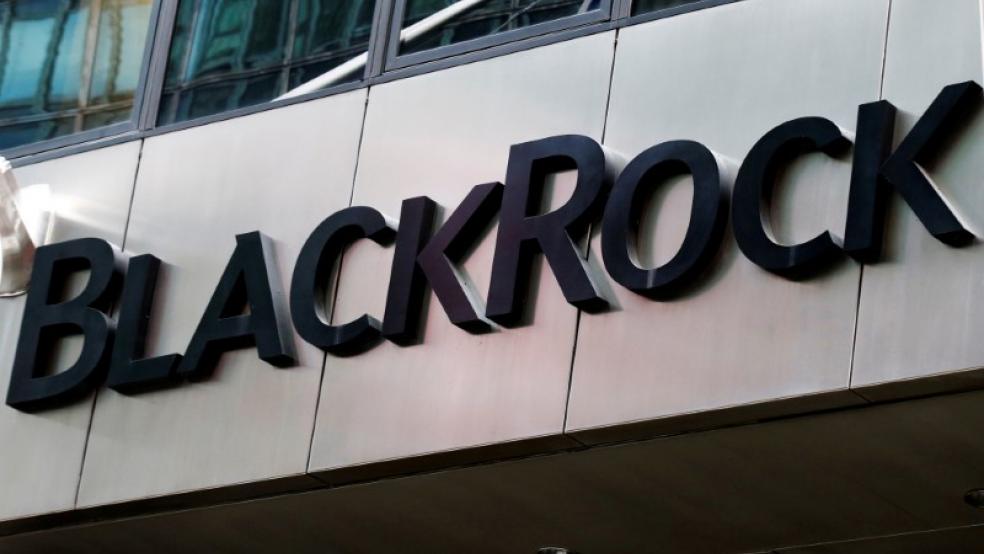Larry Fink, the billionaire chairman and CEO of investing giant BlackRock, warns in a newly published annual letter to shareholders that it’s time to rethink retirement savings in aging countries around the world, including the United States.
“Today in America,” Fink writes, “the retirement message that the government and companies tell their workers is effectively: ‘You’re on your own.’ And before my generation fully disappears from positions of corporate and political leadership, we have an obligation to change that.”
Fink says that a Census Bureau survey released in 2022 found that nearly half of Americans between the ages of 55 and 65 reported no savings in personal retirement accounts. He traces some roots of the current problems back more than four decades, when employers began shifting from pensions, known as defined-benefit plans, to options like 401(k)s, known as defined contribution plans. “Put simply, the shift from defined benefit to defined contribution has been, for most people, a shift from financial certainty to financial uncertainty,” he writes.
He adds that Social Security faces huge demographic challenges and is projected to be unable to pay full benefits under the existing structure by 2034. And, he argues, that necessitates a national conversation around what the average retirement age should be when many people are living past 90. “No one should have to work longer than they want to,” he writes. “But I do think it’s a bit crazy that our anchor idea for the right retirement age — 65 years old — originates from the time of the Ottoman Empire.”
He goes on to suggest that “rather than pushing back when people receive retirement benefits, perhaps there’s a more politically palatable idea,” namely encouraging people to stay in the workforce longer.
Fink suggests that the “retirement crisis” in America calls for government and business leaders to come together on a plan to modernize the existing system and promote the financial security of future generations as they age.
While he acknowledges that he doesn’t have all the answers, his letter centers on the power of capital markets to solve problems and spur growth — an unsurprising theme coming from the leader of the world’s largest money manager, overseeing some $10 trillion in assets. He argues that expanding access to investing and making the process simpler can help address Americans’ lack of retirement savings.
He also proposes broadly establishing new retirement systems like those in Australia or some U.S. states in which employers must contribute to a retirement account for every employee, even gig or part-time workers. And he indicates that BlackRock will introduce a system that helps turn 401(k) investments into more predictable income streams like those from a paycheck or pension.
Addressing infrastructure needs: As he writes about the power of capital markets, Fink also argues that infrastructure financing will evolve in the years ahead. “In the U.S., people tend to think of infrastructure as a government endeavor, something built with taxpayer funds,” he says. But “that won’t be the primary way infrastructure is built in the mid-21st Century. … The future of infrastructure is public-private partnership.”
BlackRock recently announced a $12.5 billion deal to buy fund manager Global Infrastructure Partners, making its biggest acquisition in years a big bet on infrastructure investments.
Fink argues that government debt burdens will mean that both public and private funds will have to be used for infrastructure investments. He calls the U.S. debt picture “more urgent than I can ever remember,” due not only to the amount of debt owed but also to higher interest rates.
“Why is this debt a problem now? Because historically, America has paid for old debt by issuing new debt in the form of Treasury securities,” Fink writes. “It’s a workable strategy so long as people want to buy those securities — but going forward, the U.S. cannot take for granted that investors will want to buy them in such volume or at the premium they currently do.”
Fink argues that dealing with the debt will take more than tax increases or spending cuts:
“While fiscal discipline can help tame debt on the margins, it will be very difficult (both politically and mathematically) to raise taxes or cut spending at the level America would need to dramatically reduce the debt. … Instead, America’s debt efforts have to center around pro-growth policies, which include tapping the capital markets to build one of the best catalysts for growth: Infrastructure. Especially energy infrastructure.”
The CEO says that 3% annual growth would keep the debt-to-GDP ratio at 120% — “high, but reasonable,” he says, though he admits that hitting that growth target would also be “a very tall order.”
Why it matters: Fink’s letter may be obviously self-serving on multiple points — it’s a letter to investors, after all, not just some essay or white paper — but as Andrew Ross Sorkin notes at The New York Times, the chairman and CEO of BlackRock “commands attention from companies and governments, helping spearhead movements like socially driven business and the need for companies to fight climate change.”





